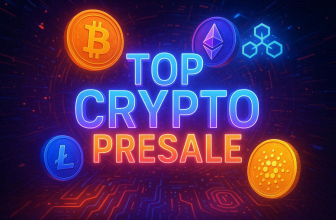
And the nerd we are talking about is Preston Byrne, a lawyer who also runs a website where he occasionally gives his insight in crypto related legal matters, like if Ether is security or not (spoiler alert: he thinks it is a security).
Preston tweeted the claim about Ethereum and Ripple by referencing another tweet that explains the motives and decision makers behind the approaching Ethereum mainnet upgrade Constantinople that will see block reward issuance reduced from 3 ETH to 2 ETH per block.
Byrne elucidates his position in subsequent tweets by claiming that Ethereum is completely run by couple of big private companies.
” None of which is to say Ethereum wasn’t interesting, or wasn’t decentralized once, or that we are wrong to hope for decentralized systems in finance. It’s to say that Ethereum failed to scale and isn’t the decentralized system we were hoping for. Maybe next time. “
The change in the issuance of Ethereum tokens benefits the current large holders at the expense of future miners which is seen as a self-serving move by the big companies behind Ethereum project, most notably ConsenSys.
Preston’s assertions, as it was to be expected, were challenged by a slew of Ethereum proponents:
“Nobody has the power to enforce change; that’s the whole point of using a blockchain. If the issuance reduction goes through, it’s because people agreed to the change and ran clients that implemented it. Don’t confuse the ability to agree on a change for centralisation. ” commented one of the Ethereum core developers Nick Johnson.
“The issuance change was discussed for months by the wider community – I know because I was apart of the early discussions (along with community members like @econoar & @IslandHunting). These cheap shots add nothing to the conversation. ” said Anthony Sassano, host of an Ethereum related podcast.
Was this just a provocative take by a known Ethereum skeptic or a valid concern is worth debating. Ethereum does have a discussion platform that is semi public and developers, enthusiasts, holder or anyone else can join and try and influence the future changes of the network. However, it is open to question as to how much impact would a proposal by an unknown person/entity bear. On the other hand, anything coming from Vitalik or ConsenSys is accepted almost by default.






